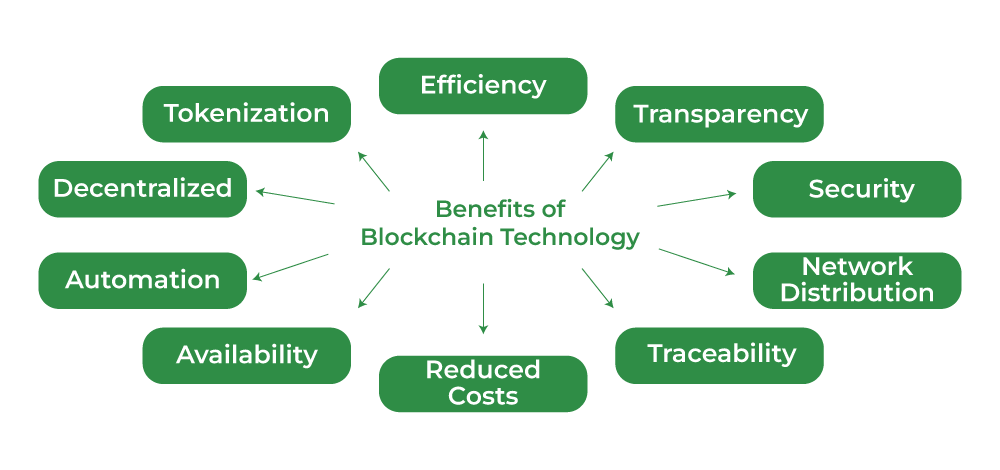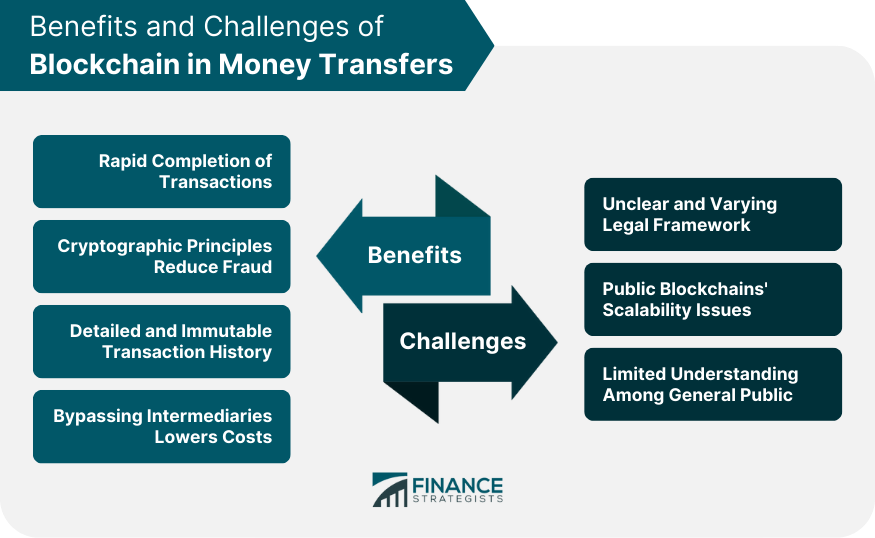As technology continues to advance, the benefits of public blockchain for data transfers and transactions are becoming more evident. Blockchain, a decentralized and secure technology, has the potential to revolutionize various industries by providing transparency, immutability, and efficiency. With the ability to securely store information and execute transactions without the need for intermediaries, public blockchain offers a range of advantages that can enhance data transfers and transactions.
One of the significant benefits of public blockchain is its ability to provide trust and security. By utilizing cryptographic algorithms and decentralized consensus mechanisms, blockchain ensures the integrity and authenticity of data, making it highly resistant to tampering and fraud. This is particularly crucial in industries such as finance, healthcare, and supply chain, where ensuring trust and security is paramount. Moreover, public blockchain offers a transparent and decentralized ledger, allowing multiple parties to access and verify transactions, which reduces the risk of errors and enhances the efficiency of data transfers.


Understanding the Benefits of Public Blockchain for Data Transfers and Transactions
Public blockchain has emerged as a transformative technology that has the potential to revolutionize various industries, including finance, supply chain management, healthcare, and more. Blockchain technology provides a decentralized and transparent platform for recording and verifying transactions and data transfers. In this article, we will explore the numerous benefits of public blockchain for data transfers and transactions and how it can enhance security, efficiency, and trust in various processes.
One of the key benefits of public blockchain is its immutability. Once a transaction or data transfer is recorded on the blockchain, it becomes virtually impossible to alter or tamper with. This feature ensures the integrity and security of the data, making it highly resistant to fraud and hacking attempts. Additionally, public blockchains are decentralized, meaning that no single entity has complete control over the network. This decentralization adds an extra layer of security and makes it more difficult for malicious actors to manipulate the system.
Furthermore, public blockchains provide transparency by allowing all participants to view and verify transactions and data transfers. This transparency fosters trust among stakeholders and eliminates the need for intermediaries or trusted third parties to validate transactions. By eliminating intermediaries, public blockchains reduce costs and increase the speed and efficiency of transactions and data transfers.
To fully understand the benefits of public blockchain for data transfers and transactions, it is important to delve deeper into specific use cases and industries where this technology can have a significant impact. Let’s explore some of these use cases and understand how public blockchain is transforming these sectors.
Enhancing Data Security and Privacy
Data security and privacy are major concerns in today’s digital landscape. Public blockchain offers a solution by providing a secure and transparent platform for data transfers and transactions. Unlike traditional databases where data is stored in a single location and vulnerable to cyberattacks, public blockchains distribute data across multiple nodes or computers, making it difficult for hackers to breach the system.
Public blockchains use cryptographic algorithms to ensure the privacy of data. Each transaction or data transfer is encrypted and can only be accessed by authorized parties with the appropriate private keys. This encryption provides an added layer of security, protecting sensitive information from being accessed or modified without permission.
In industries such as healthcare and finance, where data privacy is of utmost importance, public blockchain can revolutionize the way data is stored and shared. For example, in the healthcare industry, patient records can be securely stored on the blockchain, giving patients full control over their data and allowing healthcare providers access to accurate and up-to-date information. Similarly, in the finance industry, public blockchain can facilitate secure and transparent transactions, reducing the risk of fraud and ensuring the integrity of financial records.
Furthermore, public blockchain can also enable the sharing and verification of data without compromising privacy. For instance, in supply chain management, public blockchain can be used to track the movement of goods from the manufacturer to the end consumer, ensuring transparency and authenticity while maintaining the confidentiality of sensitive business information.
Increased Efficiency and Cost Savings
Another significant benefit of public blockchain for data transfers and transactions is increased efficiency. Traditional systems often involve multiple intermediaries or central authorities to validate and process transactions, which can be time-consuming and costly. Public blockchain eliminates the need for intermediaries and enables peer-to-peer transactions, reducing the time and cost involved in various processes.
With public blockchain, transactions can be executed quickly and seamlessly, providing real-time settlement and reducing the time required for reconciliation. For example, in international remittances, where traditional banking systems often take days to process transactions, public blockchain can enable near-instantaneous transfers, enhancing efficiency and improving customer experience.
In addition to increased efficiency, public blockchain can also result in significant cost savings. By eliminating intermediaries and streamlining processes, businesses can reduce transaction costs, such as fees associated with traditional banking systems. Furthermore, the automation and digitization of processes enabled by public blockchain can reduce manual errors, further reducing costs and improving accuracy.
Moreover, public blockchain’s transparency and auditability make it easier to track and manage assets, reducing the risk of fraud and improving overall operational efficiency. This is particularly relevant in industries such as supply chain management, where public blockchain can provide real-time visibility into the movement and provenance of goods, enabling businesses to optimize their supply chains and minimize delays and inefficiencies.
Improved Trust and Accountability
Trust and accountability are crucial in any business or transactional relationship. Public blockchain addresses these concerns by providing a transparent and tamper-resistant platform for data transfers and transactions. The decentralized nature of public blockchain ensures that no single entity has control over the network, eliminating the risk of fraud or manipulation.
By recording transactions and data transfers on a public blockchain, businesses and individuals can establish a verifiable and auditable record of all activities. This increased transparency builds trust among participants, who can independently verify the accuracy and authenticity of the data. This is particularly relevant in industries such as finance, where public blockchain can enhance trust in lending and investment processes.
Furthermore, public blockchain can improve accountability by providing traceability and provenance of assets. In industries such as luxury goods and pharmaceuticals, where counterfeiting is a significant concern, public blockchain can enable the verification of product authenticity and provenance, ensuring that consumers are purchasing genuine and high-quality products.
Overall, the benefits of public blockchain for data transfers and transactions are vast. From enhanced data security and privacy to increased efficiency and trust, public blockchain is transforming various industries and revolutionizing the way transactions and data are managed. By leveraging this technology, businesses can unlock new opportunities and create a more secure, transparent, and efficient ecosystem.
For more information on the benefits of public blockchain, visit our website.
| Primary Keyword | Understanding the Benefits of Public Blockchain for Data Transfers and Transactions |
| Secondary Keywords | public blockchain, data transfers, transactions, data security, data privacy, efficiency, cost savings, trust, accountability |
Key Takeaways: Understanding the Benefits of Public Blockchain for Data Transfers and Transactions
1. Public blockchains provide transparent and secure data transfers and transactions.
2. Public blockchains eliminate the need for intermediaries, reducing costs and increasing efficiency.
3. Public blockchains offer decentralized control, ensuring no single entity has full control over the network.
4. Public blockchains can enhance trust and accountability in data transfers and transactions.
5. Public blockchains are open to anyone, promoting inclusivity and accessibility.

Public blockchain offers many benefits for data transfers and transactions.
It provides transparency, security, and decentralization, making it trustworthy and efficient.
Data can be shared and verified by all participants, preventing fraud and ensuring accuracy.
Transactions are recorded on a public ledger, reducing the need for intermediaries and saving time and costs.
With public blockchain, anyone can participate, promoting inclusivity and accessibility.
Overall, public blockchain revolutionizes data transfers and transactions, providing a secure and transparent framework for a wide range of applications.


